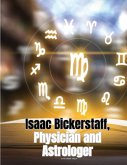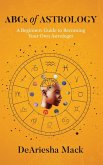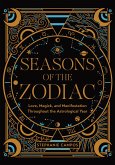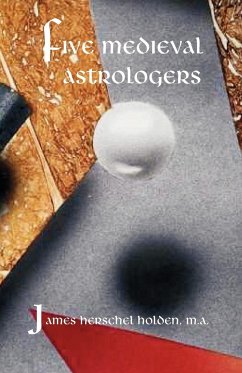Alan Leo was the first modern astrologer. He took an obscure, niche interest, re-packaged it, and placed it firmly at the centre of popular culture. His story is that of the other sort of Victorian-not the prudish and repressed empire builder, but one who mixed magic and science and rejected social mores in favour of creating a society where equality and universal brotherhood were the main themes. He was the first astrologer to argue for a loose interpretation of trends of experience rather than specific predictions, leading to the birth of Sun sign astrology and horoscope columns. Throughout much of his life, Alan worked alongside his wife Bessie -this is her story, too.

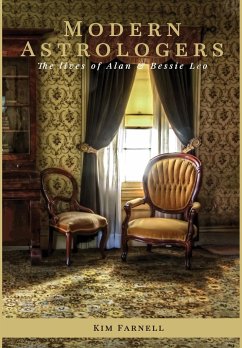
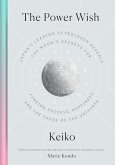
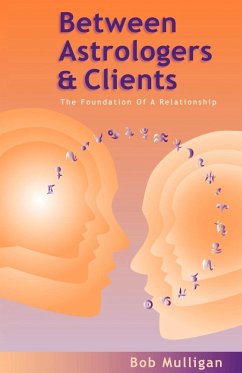
![The Instant Astrologer [With CD] The Instant Astrologer [With CD]](https://bilder.buecher.de/produkte/22/22286/22286651m.jpg)
